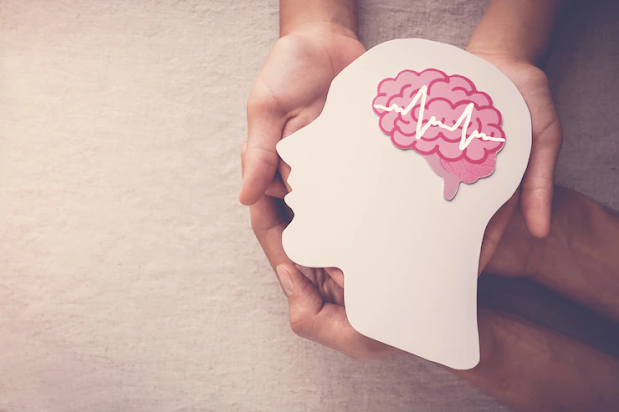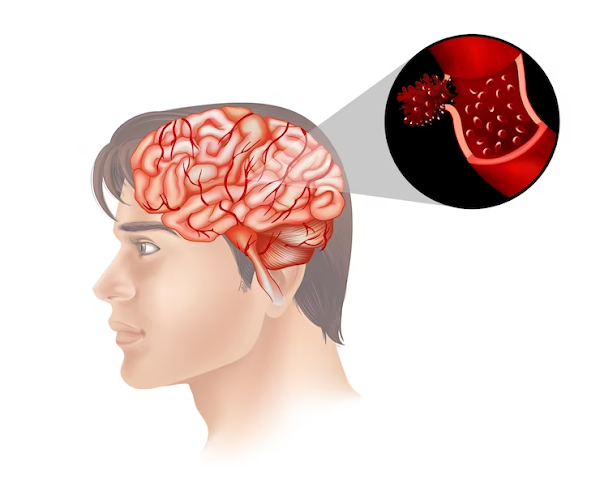How People Can Deal With Brain Injuries & Support
Summary:
A trauma to the head can cause an equal trauma to the brain. This is commonly
known as a brain injury of which there are two types, a concussion and a
contusion. The concussion is a situation in which the brain is shaken and
disturbed.
The
effects can be traumatic for the victim and their loved ones. Most people do
not think about what they would do if they or a loved one suffered a brain
injury. Most injuries result from a blow to the head as the result of vehicle
and motorcycle accidents, slips and falls, sports injuries, and assault. Those
injuries can also be acquired through near drowning, aneurisms, seizures and
strokes.
The effects vary and can include
The
inability to walk or talk, paralysis, loss of voluntary and involuntary motor
functions, loss of memory, inability to process information, loss of sight,
hearing or speech, anxiety, depression, and post-traumatic stress disorder, as
well as the inability to perform simple daily tasks. These injuries can leave
people unable to take care of themselves. In many cases, the symptoms may take
days or weeks to appear.
Personal injury lawyer experienced
When
one suffers that from an accident, malpractice, product defect, or other
negligent means, it is essential to seek advice from a personal injury lawyer
experienced in this topic. In a paraplegic injury claim, the issues can be
complicated. Personal injury lawyers who specialize in those cases will do more
than just represent you in court. They will seek damages for current and future
medical costs, current and future earnings, pain and suffering, and punitive
damages.
Traumatic brain injury care
expert specializing will have an understanding of the causes, symptoms, and
effects of traumatic injuries. The lawsuits often involve a lot of research,
medical expert testimony, and medical evidence presentation. An attorney that
is experienced and knowledgeable in those cases will alleviate the stress of
the case so their clients can focus on rehabilitation. Some injury law firms
will even help with arranging medical and rehabilitation treatment during the
case.
Rehabilitation treatments
Recovering
from this injury can be a slow process. Rehabilitation can include treatments
in such areas as physiotherapy, occupational therapy, neurology,
neuropsychology, psychiatry, behavioral medicine, orthopedics, physical
therapy, vocational rehabilitation, speech and hearing therapy, occupational
therapy, education therapy, social work, and much more. Over a lifetime,
treatment costs could be devastating for a victim and their families. A
personal injury lawyer will seek recovery compensation from those deemed
responsible for the injury so the victim will be able to participate in the
necessary rehabilitation and support programs.
Details of the emergency
Having
to cope with a loved one who has experienced is difficult for any family.
Traumatic brain injuries cases involve gathering critical information regarding
the circumstances of the injury, the first symptoms of the injury, details of
the emergency care, and details of the medical treatment. Personal injury
lawyers such as. The support group specialize in the theme cases will have the
experience and knowledge to protect your present interests as well as your future
interests.
Because
the statute of limitations regarding brain injury support for veterans cases varies from state to state, it is
important to obtain a personal injury attorney soon after receiving a trauma.
Victims and their families will not only need present support but future
support as well. To ensure peace of mind for you and your family,
choose your personal injury firm carefully. You will rest easy knowing that you
are being protected.Tips on seeking medical care as survivors grow older:
·
Get medical care. Any
time you notice a change in your thinking, functioning or physical health, it
is wise to seek professional help. Many medical conditions are reversible.
·
Find professionals with
expertise on both aging and the effects of brain trauma on the aging process.
This may include specialists such as neurologists who are physicians
specializing in neurological disorders, physiatrists who are physicians in
rehabilitation medicine, neuropsychologists who are psychologists with
expertise in the brain, or gerontologists who are physicians specializing in
aging.
·
Share information about
your injury. It is important to give information about the history of your
brain injury to any professional who is treating you. This should include
information about your overall condition and any recent changes you have
noticed, especially with your memory and thinking. It is also helpful to bring
copies of any medical records about your injury.
·
Find rehabilitation
programs or services if you have been diagnosed with Alzheimer's disease. You
may benefit from cognitive rehabilitation, emotional support and medications.
Talk
with your doctor about new medications and health supplements before taking
them.
Safety tips for persons aging with brain injury
Aging
brings changes in cognition or thinking as well as changes in physical
abilities. A person's strength, coordination, balance, and endurance often
change. These changes with aging may pose additional challenges for the person
with a brain injury whose motor skills or physical abilities have already been
compromised. In addition to receiving good medical care, the following
strategies can help persons with brain injuries reduce the risk of further
injury as they grow older.
Keep
taking any prescribed medications according to your doctor's directions,
especially if you have a seizure disorder. If you have a seizure and lose your
balance, fall or lose consciousness, this increases the risk of another brain injury.
These medical and safety tips can help protect you from another injury. They
are a starting point for a discussion with your doctor, other professionals,
and your family.



Comments
Post a Comment